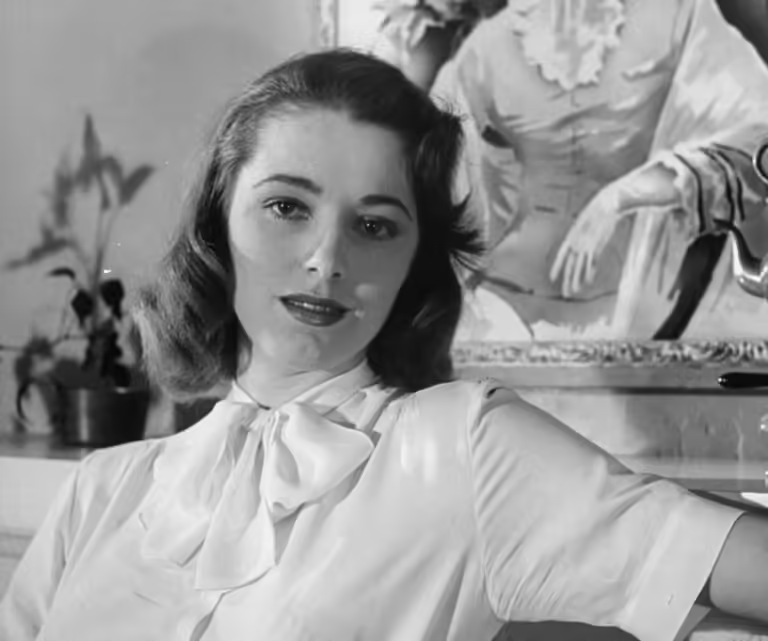Title: Steve Martin: A Comedy Legend Who Redefined Entertainment
Steve Martin is a multi-talented entertainer whose career spans decades, showcasing his brilliance as a comedian, actor, writer, and musician. Known for his distinctive style of humor and his ability to seamlessly transition between stand-up comedy, film, and the performing arts, Martin’s career has had an immense impact on the entertainment industry. In this blog, we’ll explore Steve Martin’s journey, from his early days in comedy to his achievements in film, writing, and beyond.
1. Early Life and Break into Comedy
Born on August 14, 1945, in Waco, Texas, Steve Martin showed an early interest in comedy and performance. He attended the University of California, Los Angeles (UCLA), where he studied philosophy, but it was his passion for magic and stand-up comedy that ultimately defined his career.
Martin’s comedy career began in the 1960s when he worked at Disneyland as a magician and performer. He honed his craft while performing in various venues and eventually landed writing gigs, including for The Smothers Brothers Comedy Hour, where his unique style of humor started gaining attention. By the mid-1970s, Martin had become a regular on television talk shows and variety programs, becoming famous for his quirky one-liners and absurd, irreverent comedy.

2. Stand-Up Comedy: The Wild and Crazy Guy
Steve Martin’s rise to fame was built on his groundbreaking stand-up comedy. His 1977 album A Wild and Crazy Guy became a major hit and earned him a Grammy Award. The title was a nod to Martin’s most iconic routine, where he portrayed a “wild and crazy guy” character with a thick accent, who would do absurd things like wearing a white suit and speaking in exaggerated French accents.
His humor was distinctive, full of surreal one-liners, nonsensical observations, and outlandish performances. Martin’s stand-up was not just about telling jokes, but creating an experience for his audience. His energetic performances, coupled with his original comedic style, made him a superstar and cemented his place as one of the best stand-up comedians of his generation.
3. Transition to Film: Hollywood and Iconic Roles
Steve Martin didn’t just stop at stand-up; he transitioned into film with incredible success. In the 1980s, Martin’s comedic genius was showcased in numerous hit films, and his ability to balance humor with heartfelt performances quickly made him a Hollywood mainstay.
His role in The Jerk (1979), a quirky comedy about a naive man discovering the world, marked his first major film success. The film became a cult classic and solidified Martin as one of the top comedic actors of the era. This was followed by other iconic roles, including Planes, Trains and Automobiles (1987) alongside John Candy, Roxanne (1987), and Father of the Bride (1991). These films not only displayed Martin’s knack for humor but also his ability to infuse warmth and sincerity into his characters.
In Planes, Trains and Automobiles, Martin’s portrayal of Neal Page, a stressed-out businessman trying to get home for Thanksgiving, showcased his perfect comedic timing and ability to play off of John Candy’s more lovable character. The chemistry between the two actors created one of the most beloved comedy pairings in film history.

4. Comedy and Dramatic Roles: A Versatile Actor
While Martin is best known for his comedic roles, his range as an actor extends far beyond the genre of comedy. In films like The Spanish Prisoner (1997), Grand Canyon (1991), and Shopgirl (2005), Martin demonstrated his ability to take on more dramatic and complex roles, earning respect as a versatile actor who could handle a range of emotions and characters.
One of his most remarkable performances came in The Spanish Prisoner, where he played a corporate executive entangled in a high-stakes con. Martin’s ability to transition from humor to suspense highlighted his deep skill as an actor.
Additionally, in Shopgirl, a film adapted from his own novella, Martin played the character of Ray, a wealthy man who begins a complicated relationship with a younger woman. The film, like the novella, is quieter and more reflective, proving that Martin could excel in more subtle, character-driven narratives.
5. The Writer: A Gift for the Written Word
Steve Martin is not just an actor and comedian—he’s also an accomplished writer. His literary work includes novels, plays, and screenplays, showcasing a depth of creativity that extends beyond his work in front of the camera.
Martin’s debut novel, Shopgirl (2000), was adapted into the film mentioned earlier. The book was well-received for its witty prose and rich exploration of human relationships. In addition to novels, Martin has also written plays such as Picasso at the Lapin Agile (1993), a comedic exploration of a fictional meeting between Picasso and Einstein in a Parisian bar. The play received critical praise for its sharp wit and intellectual humor.
Martin’s writing continues to receive attention, with his more recent works, such as An Object of Beauty (2010), and Born Standing Up (2007), an autobiography, being widely praised for their insight, humor, and eloquence.
6. A Musician at Heart
Beyond his work in comedy, film, and writing, Steve Martin is an accomplished musician. A lover of bluegrass and banjo music, Martin began playing the banjo at a young age, and in recent years, he has released multiple albums showcasing his musical talent. His 2011 album The Crow: New Songs for the Five-String Banjo earned him a Grammy Award, confirming his prowess in music as well as in entertainment.
His music, like his comedy, often has an offbeat charm. Martin blends his comedy with bluegrass, collaborating with musicians such as Edie Brickell and the Steep Canyon Rangers to produce a sound that is both unique and deeply rooted in traditional American music.
7. Steve Martin’s Legacy and Influence
Steve Martin’s influence on comedy, film, and culture is immeasurable. His ability to evolve from a wild stand-up comic to a respected actor, writer, and musician shows his incredible versatility. He has influenced generations of comedians, actors, and entertainers who look up to him as both a comedic genius and a mentor.
Martin has also received numerous accolades throughout his career, including an Honorary Academy Award in 2013 for his contributions to film. His work as a writer and performer continues to resonate with fans across multiple generations, and his innovative approach to entertainment has left an indelible mark on popular culture.
Conclusion: An Enduring Force in Entertainment
Steve Martin’s career is a shining example of how an artist can reinvent themselves time and time again, excelling in various fields while staying true to their comedic roots. From his groundbreaking stand-up routines to his diverse film roles, literary work, and musical achievements, Martin has continually proven that there are no limits to his creativity. His legacy as one of the greatest entertainers of his generation is firmly cemented, and he will continue to inspire future generations to think outside the box and approach art and comedy with a unique perspective.






